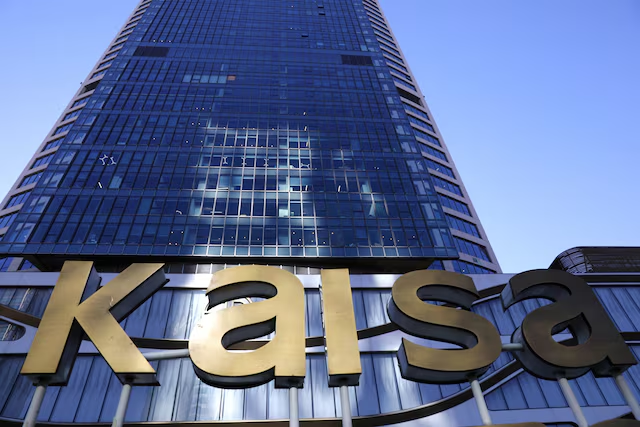The chairman of the financially troubled Chinese developer Kaisa Group has returned to mainland China from Hong Kong for the first time in almost a decade to secure regulatory approval for an offshore debt restructuring. According to sources familiar with the matter, Chairman Kwok Ying Shing traveled to Shenzhen, where Kaisa is headquartered, approximately two months ago for discussions with officials and has remained there since. One industry source emphasized that this step is crucial for the restructuring process, especially as Kaisa faces a liquidation petition in a Hong Kong court on Monday. “It’s a good sign that he’s willing to go back and sort things out,” the source noted.
Efforts to reach Kwok for comment were unsuccessful, and Kaisa, along with the Shenzhen government, did not respond to requests for comments. The Kaisa chairman had avoided mainland China since 2015 when the company became the first Chinese property developer to default on its dollar bonds following a block on sales at some of its Shenzhen projects by authorities. Although Kaisa completed its first debt restructuring in 2016, it defaulted again in late 2021 amid a broader debt crisis in China’s property sector, leading numerous developers to default.
In 2022, Kaisa faced increased pressure from the Shenzhen government to devise a plan to repay $2 billion in onshore wealth management products, a particularly sensitive issue for Chinese authorities because many individual investors and family members of Chinese officials are involved. Kaisa’s offshore debt amounts to $12 billion, making it the second-largest issuer among Chinese developers, following China Evergrande Group.
Evergrande’s billionaire Chairman, Hui Ka Yan, is under investigation for suspected crimes. Similar to Kaisa, Evergrande was barred by regulators from issuing new dollar bonds as part of its initial restructuring proposal. In January, Evergrande, the world’s most indebted developer, was ordered to liquidate by a Hong Kong court.
Kwok’s return to mainland China is seen as a significant move to address Kaisa’s financial challenges. The outcome of these discussions with regulators will be pivotal in determining the company’s ability to manage its debt crisis and avoid the fate of forced liquidation. As Kaisa navigates these turbulent waters, the actions of its chairman and the responses from regulatory bodies will be critical in shaping the future of the developer and its stakeholders.
READ MORE:
